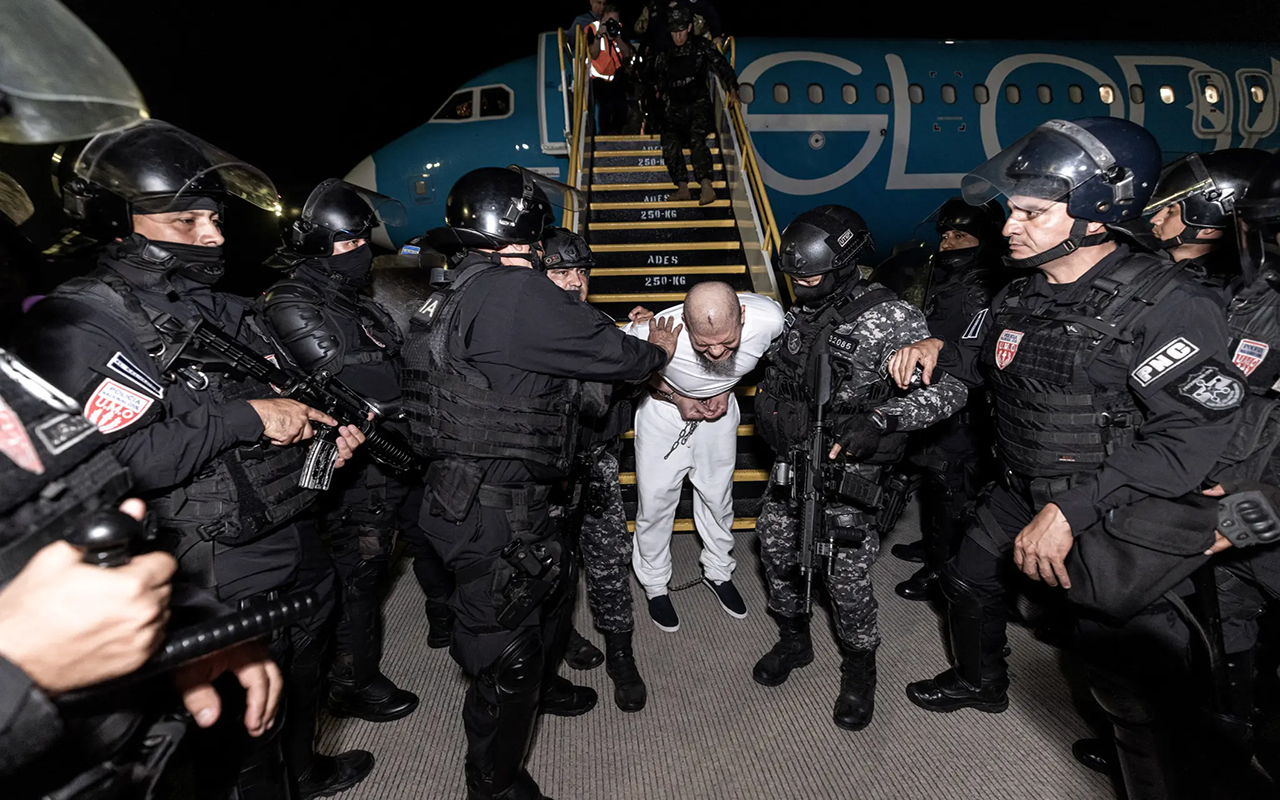
Don’t forget Puerto Rico: How the island’s mass-exodus could be Trump’s downfall
Congratulations, you played yourself.
While Puerto Rican residents can’t vote, the island is currently experiencing a mass-exodus, and it changes everything.
Puerto Rico recently marked the third anniversary since Hurricane Maria made landfall. Since then, Puerto Rico has been forced to endure Hurricane Irma and an onslaught of earthquakes at the start of 2020 — all with virtually no assistance granted by the Trump Administration.
Federal aid is desperately needed on the island. Since the devastation, Puerto Rico has only received a third of the $50 billion granted by Congress in 2018 deemed necessary to rebuild.
It was recently discovered FEMA “lost track” of over a quarter-million dollars in food and supplies intended for Puerto Rico’s relief in a watchdog report that traced it to delays and mismanagement of disaster response efforts.
Nearly $257 million in meals, water, blankets, and other supplies were lost and never recovered, leading to delays in the delivery of food and water.
And this was before the earthquakes struck, already following years of neglect. The wounds left by the initial disregard and delayed recovery process had only started to heal, leaving millions of island residents to fend for themselves, as they found some way to rebuild.
Many, however, chose to leave the island.
In the years since Maria’s landfall, Puerto Rico has been experiencing a mass exodus, migrating to the U.S. mainland. A year following Maria, Puerto Rico’s population decreased by 142,000 (4.4%) and has been on a steady decline ever since.
By far, Florida is the most popular destination for refugees, followed by Pennsylvania and Texas.
As of 2019, it was estimated that up to 500,000 residents have left the island since the Hurricanes struck. After the earthquakes, it is estimated these figures are much higher.
In 2020, that’s thousands of new potential voters just before a presidential election who feel wronged by the current president. They have been forced to watch and endure as his administration dismantles the systems meant to support them as U.S. citizens. But so far, they have been treated as second-class.
And again, the scars remain.
Essentially, through his inaction in the wake of multiple natural disasters befalling Puerto Rico, Trump has played himself.
Regardless of whether a Puerto Rican is born on the island or in the United States, they are born American citizens.
But because they belong to a U.S. territory, the nearly 3.2 million American citizens who live in Puerto Rico have no direct role in electing U.S. presidents. The Electoral College system does not provide for such territories to vote for president.
U.S. territories like Puerto Rico can however help choose each party’s nominee in the primary selection process, but it’s not the same as voting in a general election.
The Puerto Rican exodus may help in this regard.
The biggest swing states in the nation are Pennsylvania and Florida — the two top choices for those feeling Maria’s aftermath. Specifically in Florida, it is estimated 1 million Puerto Ricans reside in the state, with half-a-million registered Puerto Rican Voters.
With thousands more flocking to the Sunshine State, this is increasingly bad news for Trump, who defeated then-Democratic Presidential candidate Hillary Clinton in Florida by less than 113,000 votes out of the nearly 9.5 million cast.
RELATED CONTENT
Now, both presidential candidates are courting the Latinx vote in a way never seen before, with special attention given to Puerto Rican voters on the East Coast.
In Pennsylvania, the biggest battleground state in the nation, the attention given to Puerto Rican voters could be pivotal, as Puerto Ricans make up a significant portion of the Latinx population, especially in light of the exodus.
Pennsylvania has seen a recent Puerto Rican Population growth in Philadelphia, but also in key areas in areas like Lancaster and Reading, which could have the capacity to flip blue should the Latinx influence prove strong enough.
Trump has increased the voting power of his non-allies, and they could be the determining factor of Nov. 3’s outcome. The power of the Latinx vote this election cycle has already been widely reported on, but of course, it does the demographic a disservice when we are viewed in such a monolithic way.
Cubans will, on the whole, side with the current president, for instance. Puerto Rican voters, because of all the aforementioned atrocities, are likely to side with Joe Biden.
The presidential candidates, though late, have demonstrated knowledge of the power of the Puerto Rican vote.
In a historic first, the Biden-Harris campaign released a plan for Puerto Rico on Sept. 15, called “Plan for Recovery, Renewal, and Respect for Puerto Rico.” The comprehensive plan would go a long way — much longer than the island has experienced up to now — toward fulfilling much-needed measures Puerto Rican activists have been advocating for years.
Puerto Rico’s massive debt to FEMA, for instance, brought on by corrupt lenders and it’s government’s mismanagement, is referenced in the plan. This, along with the long-since-due funds needed for the island to recover.
In response, the Trump campaign released a flimsy and late announcement to deliver funds three years too late. All it did was rub salt in old wounds and anger Puerto Ricans even more. With the move, the President wasn’t even hiding that he viewed Puerto Ricans as pawns.
There’s a massive force behind Puerto Rico’s mission, especially for those living on the U.S. mainland. At just under a month before the general election, it is those living in the states who will drive the voice of the island home.
It’s not just a matter of strength in numbers. It’s a newfound strength in voting power that would not have come about were it not for the Trump administration’s incompetence.










LEAVE A COMMENT: